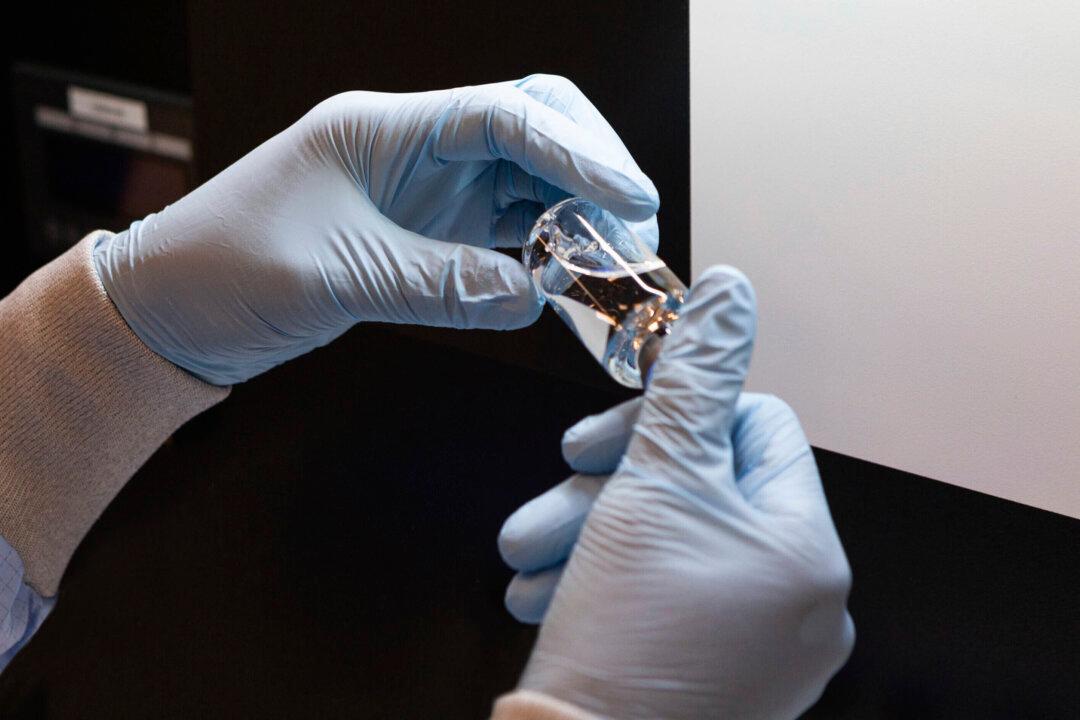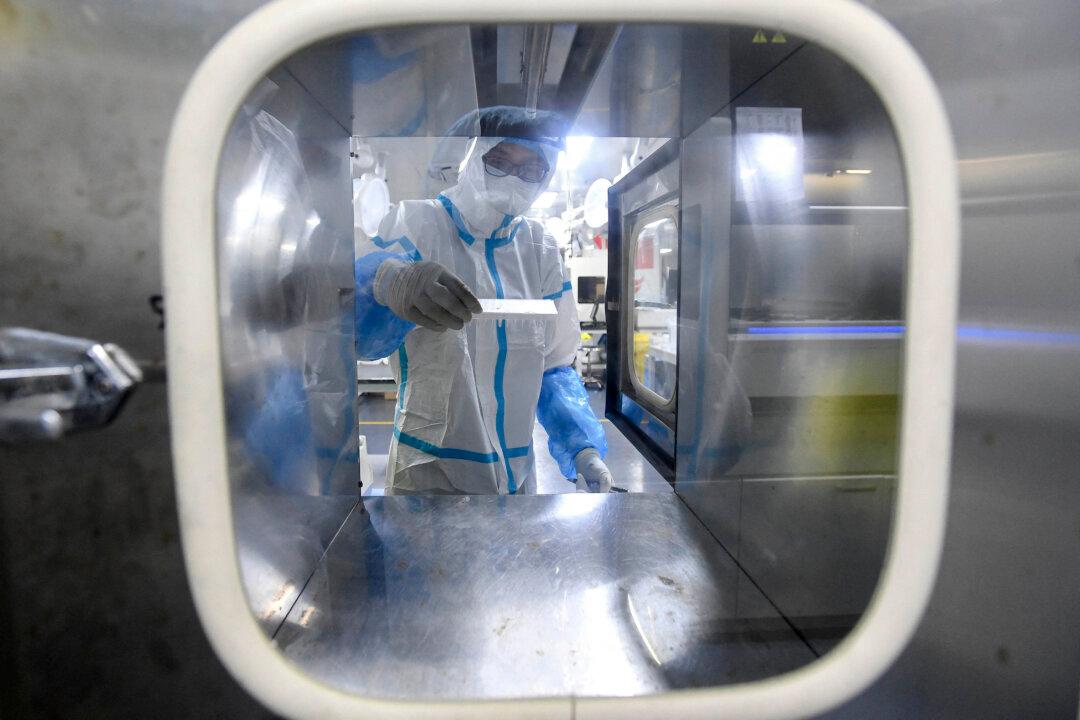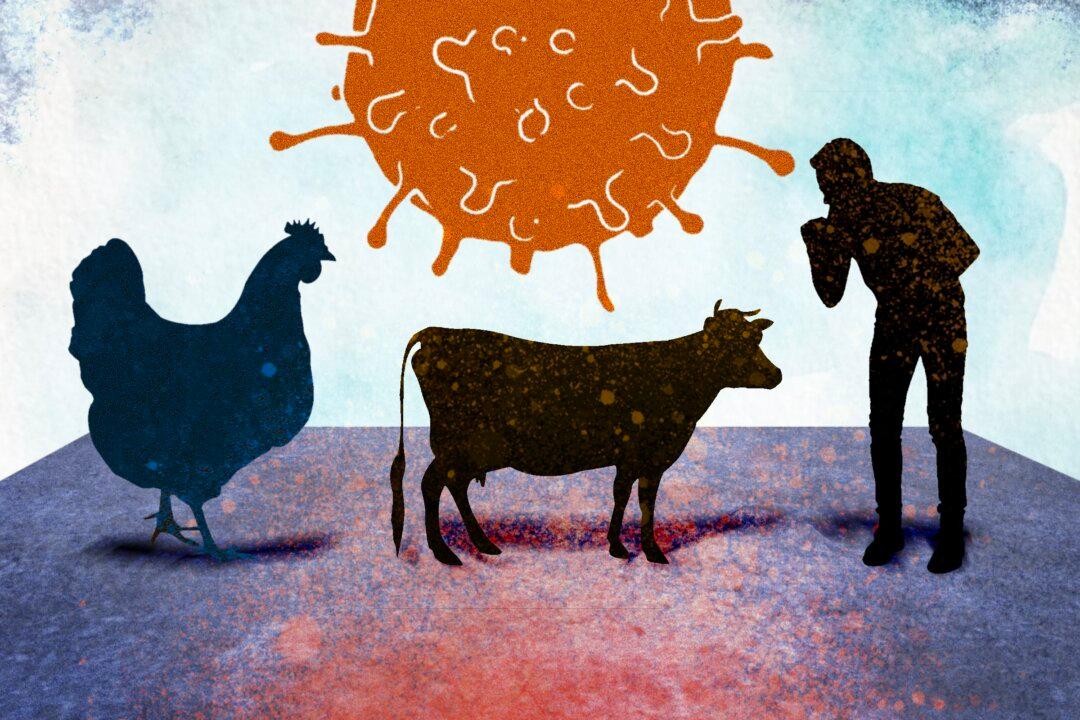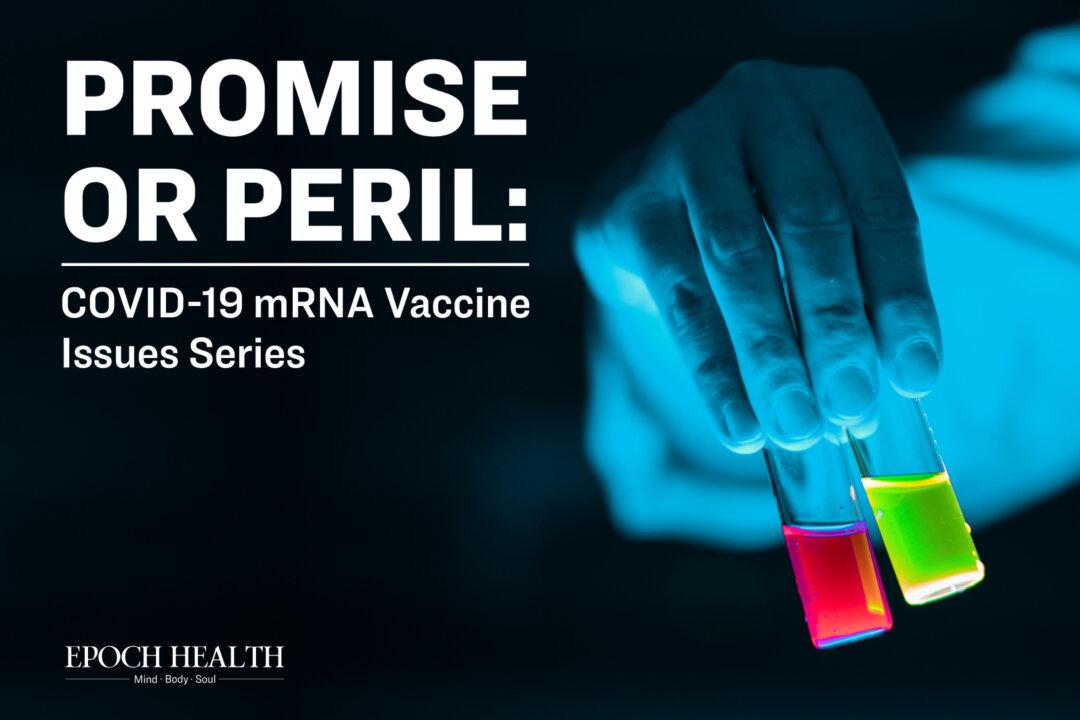The Food and Drug Administration (FDA) recently approved the first COVID-19 drug for children under the age of 12–remdesivir, which has always been a controversial drug. Now, with its use in infants and young children, is the controversy over remdesivir already gone?
Previously, the drug was only approved to treat adults and adolescents over the age of 12 years old and weighing at least 40 kilograms. On April 25, the FDA expanded remdesivir’s approval to treat newborns and infants over 28 days of age and weighing 7 pounds (3 kg). This is the first FDA-approved COVID-19 treatment for infants and children.






